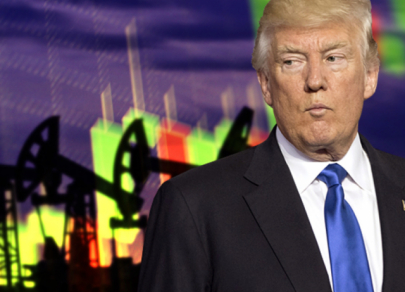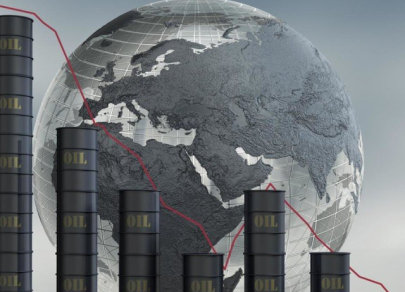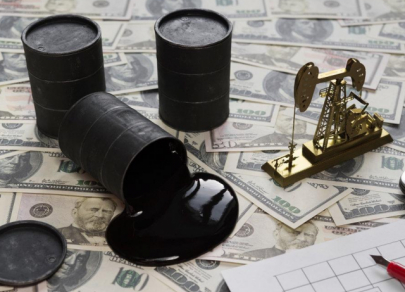FX.co ★ Bloomberg's 5 key oil market takeaways
Bloomberg's 5 key oil market takeaways
Trump’s hostility toward rising oil prices
The global oil market has calmed somewhat and stabilized after the shockwaves caused by the escalation of the Iran-Israel conflict. This event rattled the global oil market, which is still regaining its footing. Traders are now closely monitoring price movements, which recently suffered a steep drop. However, US President Donald Trump has stepped in to defend crude, declaring that he will not tolerate rising prices. Notably, cheap oil remains a cornerstone of his domestic agenda, giving traders betting on further price declines a powerful ally.

Profiting from selling amid sharp swings
Many traders are waiting for sudden surges and plunges in prices to capitalize on volatility. Those who adopted this approach during the Iran-Israel conflict came out ahead. Selling crude amid geopolitical price swings proved to be a lucrative tactic once again. It is likely that next time, most traders will look to seize on a similar opportunity.

Global oil agenda set to regain momentum
If relative calm persists in the Middle East, market participants are likely to refocus their attention on the dynamics of global supply balances, including OPEC+ efforts to reclaim market share by gradually ramping up production. According to analysts, this strategy is expected to bear fruit. Against this backdrop, many expect global oil output to outpace demand in the second half of 2025.

Oil prices face downside potential
Recent events have demonstrated that while selling amid geopolitical price spikes can be lucrative, crude prices may retreat over the medium and longer term. After the chaos that gripped the global hydrocarbon market during the latest escalation in the Middle East, the futures curve is once again pointing to a decline in oil prices ahead.

Bearish oil trend hinges on peace deal
Analysts note that Brent crude futures posted their steepest two-day drop since 2022. For this bearish trend to persist and solidify, a ceasefire in the Middle East is necessary. Ideally, the conflict should come to a complete resolution. However, experts are refraining from overly optimistic forecasts, as most of the issues underlying the Iran-Israel confrontation remain unresolved. In this environment, a renewed escalation cannot be ruled out.






















